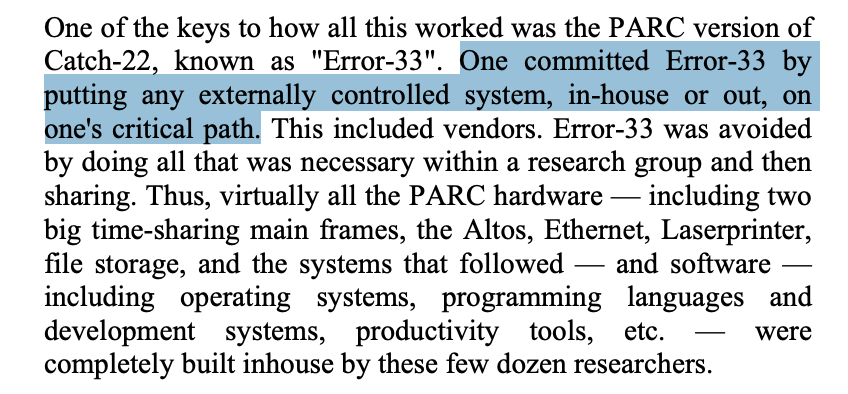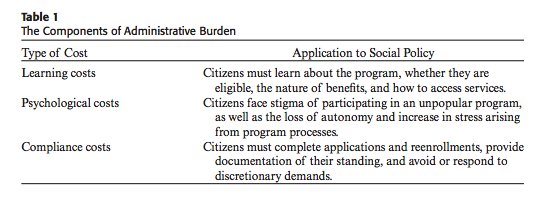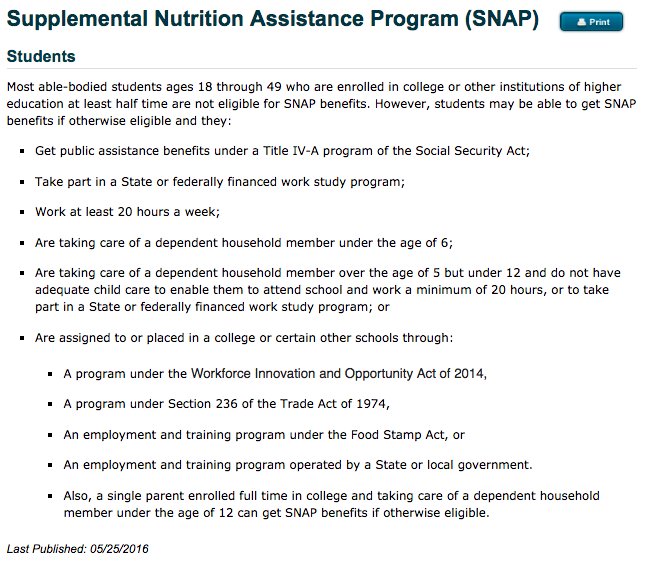
Building software leverage on the social safety net. Built https://t.co/6YGx9KQRSr @codeforamerica for 5 years. "Are you the fax machine guy in Recoding America?"
3 subscribers
How to get URL link on X (Twitter) App

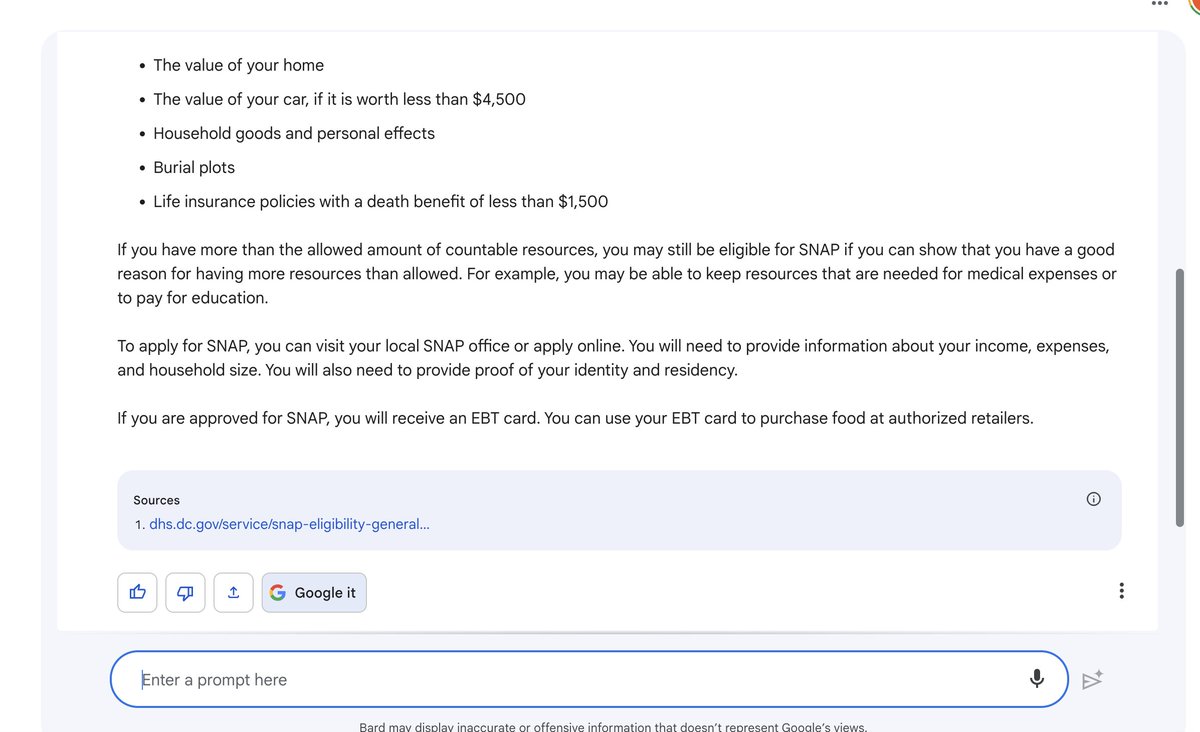

 Google Bard responds with: "The SNAP asset limit in DC is $2,750 for households without an elderly or disabled member."
Google Bard responds with: "The SNAP asset limit in DC is $2,750 for households without an elderly or disabled member."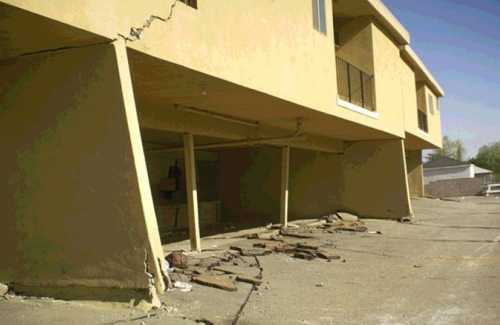
 San Francisco... YES!
San Francisco... YES!https://twitter.com/rebelwarrior/status/1642911336832147456

https://twitter.com/allafarce/status/1470777322454372359Let people auto-renew SSI eligibility when they have a condition that doesn’t (or is very unlikely to) change
https://mobile.twitter.com/BoatMateARS/status/1470911819485224963

https://twitter.com/allafarce/status/1470576789529395202

 By the way:
By the way:

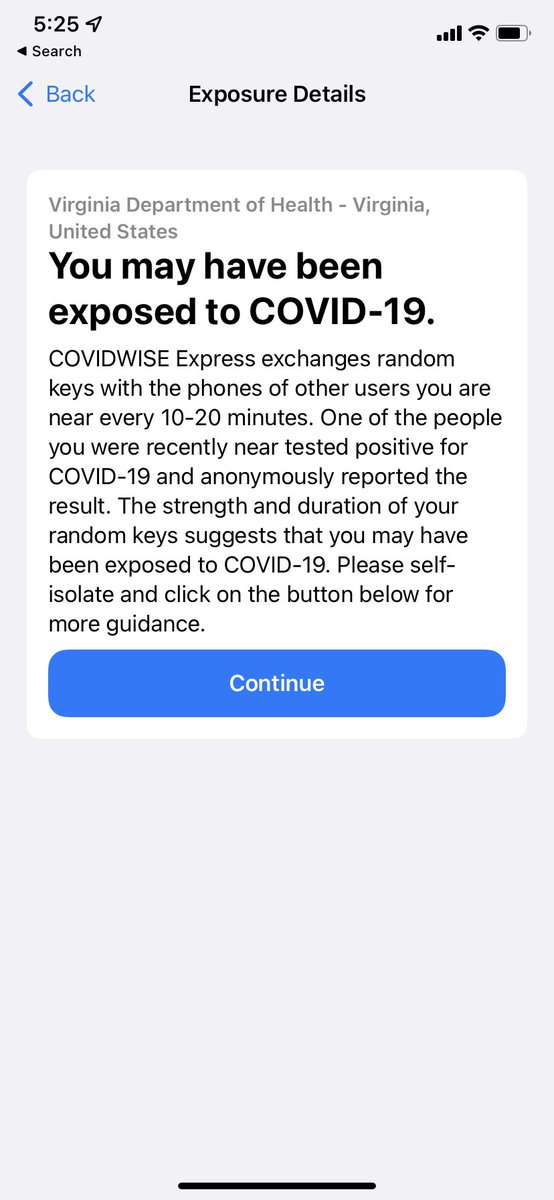 (Also I have no symptoms and just rapid tested negative twice, in case anyone is worried)
(Also I have no symptoms and just rapid tested negative twice, in case anyone is worried)https://twitter.com/ezraklein/status/1440358784916877329(Or maybe more appropriately that there are many places where if you call for a required interview you can’t reach anyone to reschedule it. No amount of program expansion fixes that.)


 While I used that specific recipe this was really a branch of experimentation coming from @krishashok’s superb (I know I’ve said it before!) book “Masala Lab”
While I used that specific recipe this was really a branch of experimentation coming from @krishashok’s superb (I know I’ve said it before!) book “Masala Lab”
